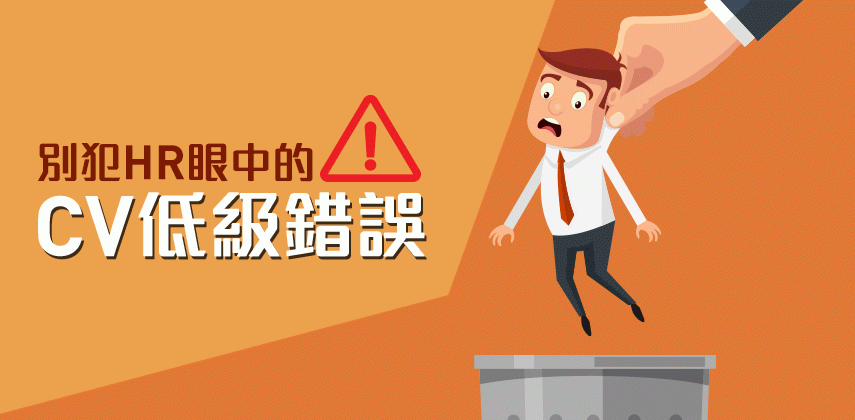Anyone who has looked for a new job knows that the first step to getting your foot in the door is a great resume that stands out and makes an employer want to call you for an interview. In order to begin with a great resume, there are several mistakes you want to be sure to avoid. Below are the top examples of unprofessional mistakes commonly made on resumes that you should be aware of.
Including irrelevant personal information. Hiring managers typically spend only a few seconds glancing over resumes before deciding which ones to read in depth so don’t waste their time with irrelevant information that’s not going to show off your qualifications. If your resume has too much information, like school clubs and personal interests that have nothing to do with the position you’re applying for, it may cause an employer to dismiss your resume before they even get into the thick of it. Unless the information is directly relevant to the position you’re applying for, leave out personal information. This can be discussed during your interview.
Omitting proof. Your resume is not the place for modesty. Just as you need to declutter your resume by leaving out anything irrelevant, it’s equally important to highlight everything pertinentto the role that makes you shine. Share any awards or recognition you have received in a matter-of-fact manner, such as, “Promoted to assistant manager after increasing production by 25%.” You can put these key achievements in bullet points to help them stand out. Make sure to provide concrete evidence to support your own praise to give it credibility.
Being too vague. Using words like ‘several’, ‘a few,’ and ‘numerous’ doesn’t give an accurate or insightful look into your professional accomplishments. Be specific by quantifying your successes with numbers, percentages, and statistics. If you exceeded a sales target, state by how much. If you want to say that you go above and beyond, explain how. Provide examples. If you’re too vague on your resume, it can seem like you’re exaggerating, or worse, making something up completely. Employers wants facts, not murky descriptions that can be left for interpretation.
Mysterious gaps in employment. If, for any reason, you’ve taken a break from employment, whether it’s for travel, continued education, or for other personal reasons, briefly explain it in your resume. If you don’t and simply leave a glaring period of unemployment, a prospective employer may jump to their own conclusions and pass your resume over without a second thought. Employers want to hire someone that has longevity and has demonstrated that throughout their work history.If there’s a legitimate reason that caused you to leave work for an extended period of time, including it will eliminate any doubt of your employability.
Lying or manipulating the truth. While your resume should absolutely highlight the best version of yourself and your professional career, exaggerating or making up qualifications, experiences, or achievements will only invalidate any of your real, hard-won successes. Employers are on the lookout for anything that may seem out of place, including salaries and
job titles, so be honest and give your real attributes a fair chance of getting you the job you want.
Lengthy resumes. Your resume should be as concise as possible while delivering the greatest impact. Most employers simply don’t have time to wade through pages of unnecessary text and they are also not interested in every single job you have held in the years since you graduated university. Only include the key skills and experiences that relate to the job you are applying for. A good rule of thumb is to stick to two pages total for your resume whenever possible.
Poor spelling and grammar. This last one may seem like it’s not worth mentioning, but spelling and grammar mistakes are more common than you think. It’s unfortunate because misspellings and grammatical errors are instant resume killers. Before sending your resume out to prospective jobs, use spell check and then proofread it thoroughly. Start by reading your resume out loud to listen to how it sounds. Another good proofreading strategy is to place a finger on each word to make sure you didn’t miss anything. Have a trusted friend or family member review your resume before hitting that send button.
Job hunting is already a full-time job in itself. Don’t prolong your search by having a less than stellar resume at hand. Avoid these unprofessional mistakes on your resume and you’ll soon be preparing for a job interview.





